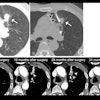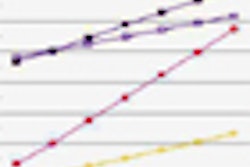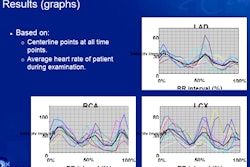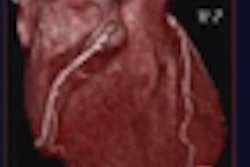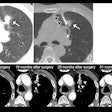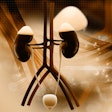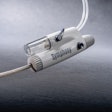Lantheus Medical Imaging of North Billerica, MA, today launched Ablavar (gadofosveset trisodium), its injectable MR angiography imaging agent designed to evaluate aortoiliac occlusive disease (AIOD) in adults with known or suspected peripheral vascular disease (PVD).
Ablavar becomes the first and only contrast imaging agent approved in the U.S. for MR angiography to evaluate AIOD, a type of PVD that occurs when arteries, which carry blood from the heart to the lower limbs, become narrowed or blocked.
In phase III clinical studies, according to Lantheus, Ablavar demonstrated statistically greater sensitivity in detecting disease, compared to noncontrast MR angiography. These studies showed that MR angiography with Ablavar provided diagnostic accuracy comparable to conventional, invasive x-ray angiography.
Lantheus brings Ablavar to market after acquiring the U.S., Canadian, and Australian rights to the MR contrast agent from Epix Pharmaceuticals of Lexington, MA, in April 2009. Epix had developed the agent under the name MS-325.
Ablavar was one of five gadolinium-based contrast agents reviewed by the U.S. Food and Drug Administration's Cardiovascular and Renal Drugs Advisory Committee and Drug Safety and Risk Management Advisory Committee at a public hearing in December to discuss a possible link between the use of gadolinium and nephrogenic systemic fibrosis (NSF).
In its presentation to the panel, Lantheus noted there were no NSF cases among the 1,676 subjects in its clinical study.
Related Reading
FDA panel: NSF incidence falls with gadolinium restrictions, December 9, 2009
FDA meeting to review NSF and gadolinium MRI contrast link, November 24, 2009
MRI contrast media switch eliminates NSF cases, October 15, 2009
Mayo study finds few serious reactions to CT and MRI contrast, September 21, 2009
Gadolinium-based contrast agents alone don't cause NSF, study finds, July 8, 2009
Copyright © 2010 AuntMinnie.com


